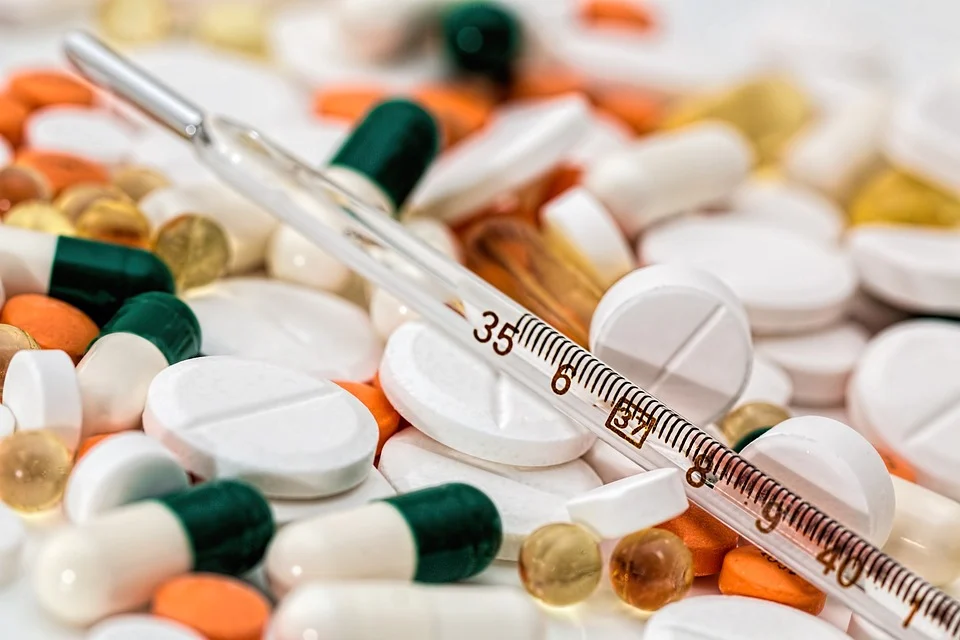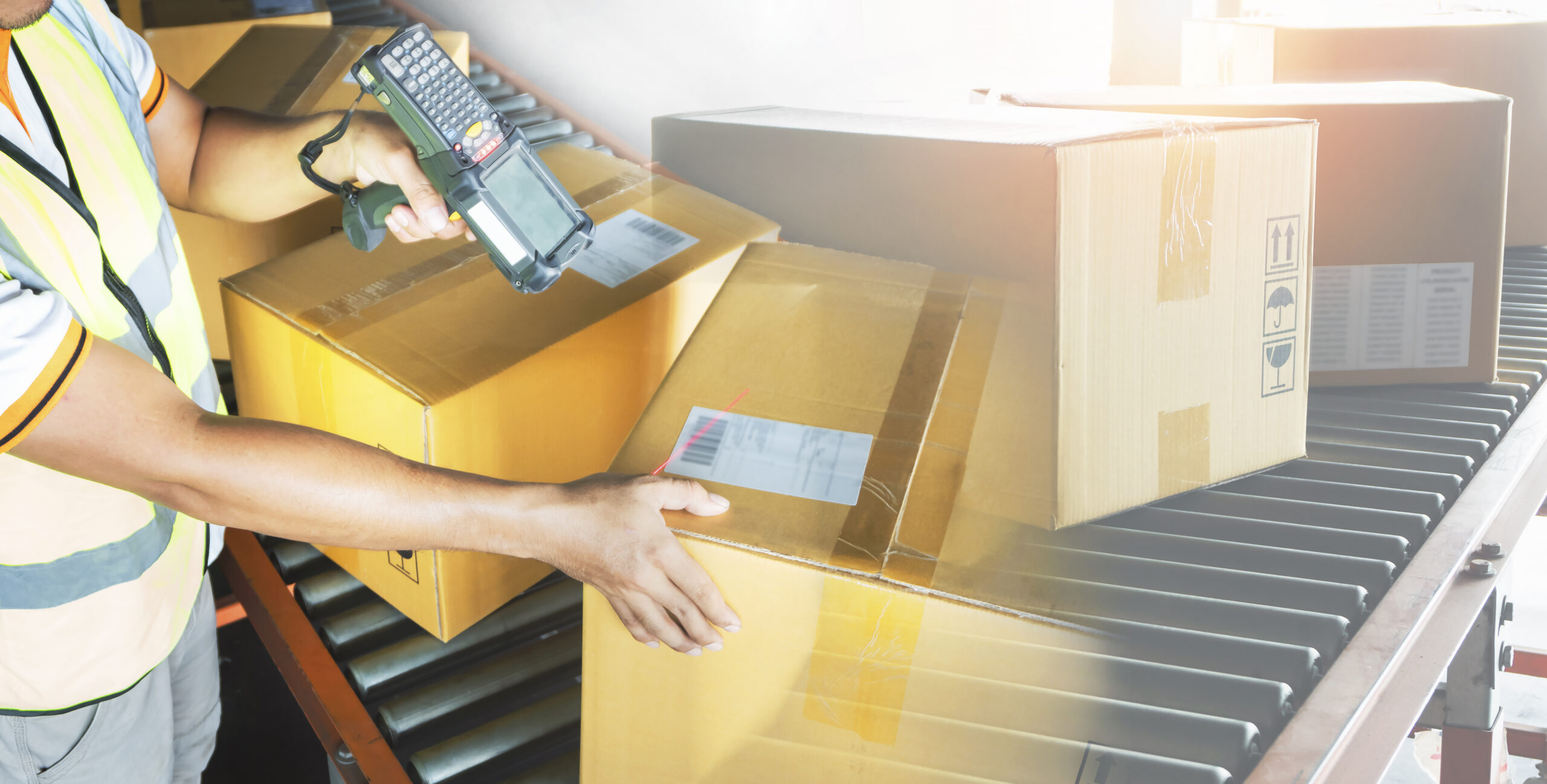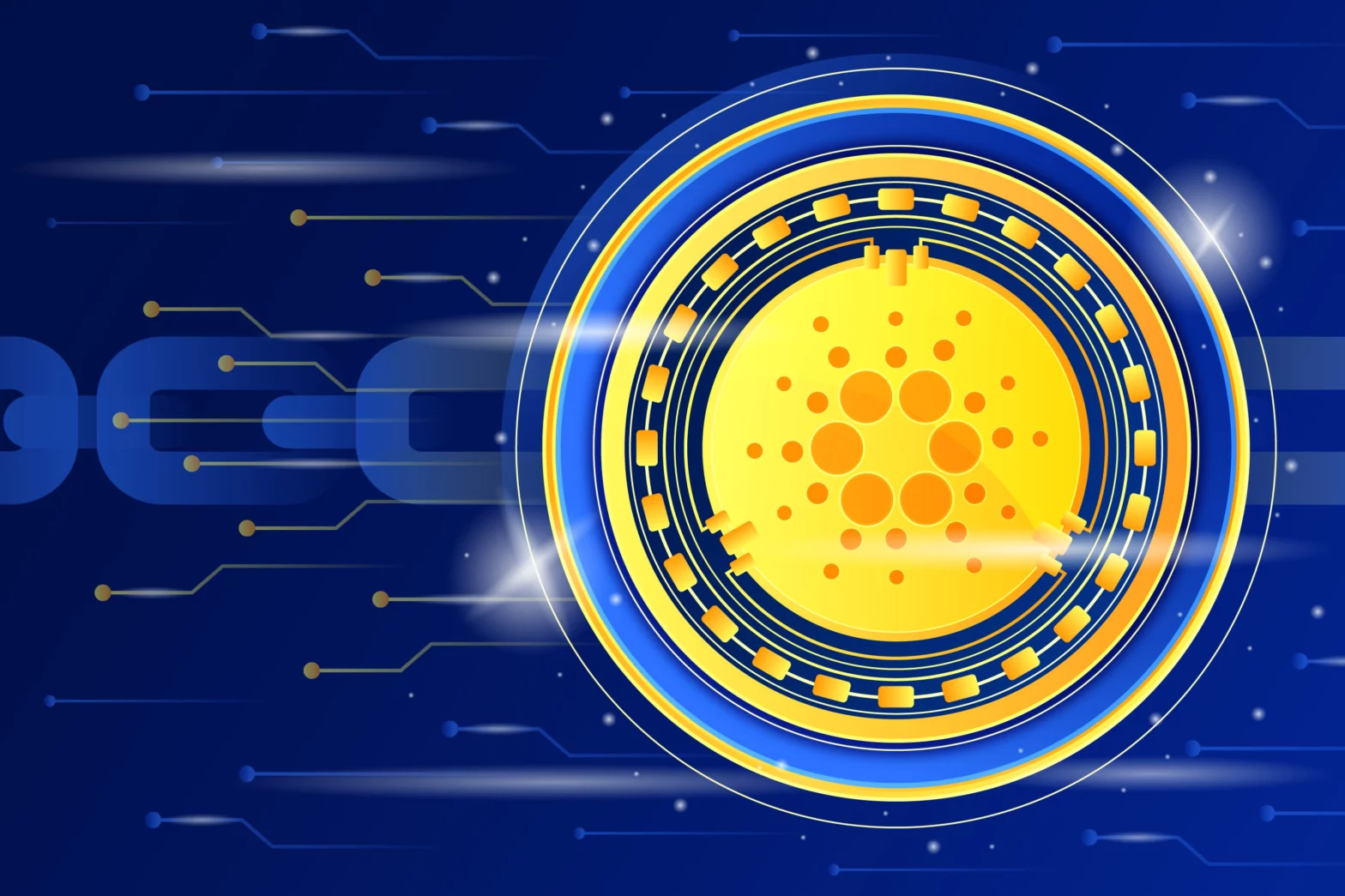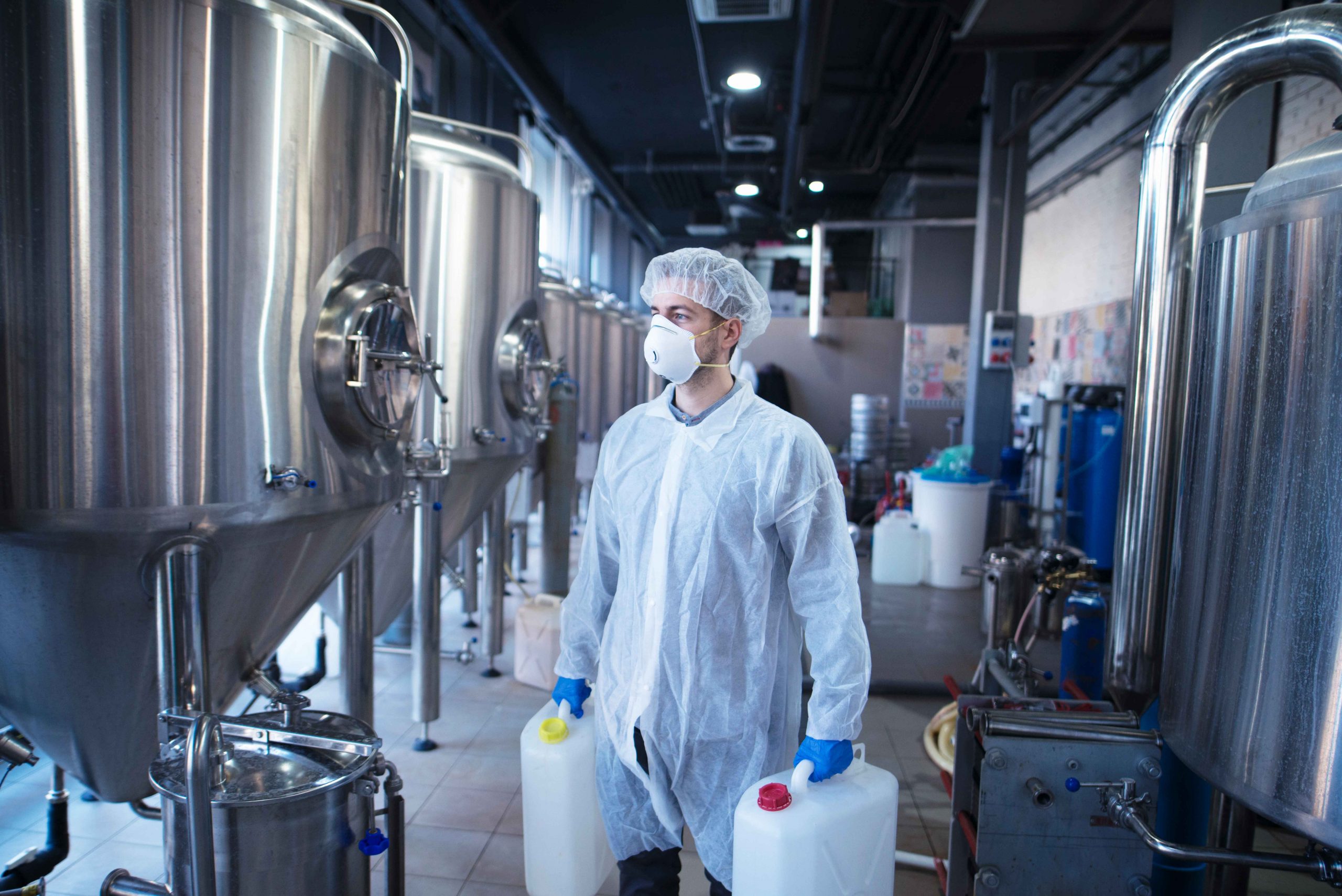
Overview

It’s hardly surprising that keeping our vital medical data safe and secure is the most popular blockchain healthcare use right now. In the health sector, security is a crucial concern. More than 176 million patient records were compromised in security breaches during 2009 & 2017. Over the last five years, we’ve witnessed an increase in the magnitude and frequency of healthcare data breaches, with the most significant breaches affecting up to 80 million individuals. Healthcare data breaches frequently reveal sensitive information, ranging from personally identifiable information like Credit Card numbers, identities, and addresses to sensitive health information like Medicare User ids, insurance coverage details, and patients’ health history.
Blockchain could revolutionize the healthcare industry by maximizing security and accessibility. The potential of blockchain to maintain an incorruptible, decentralized, and transparent log of all patient data makes it a technology ripe for security applications. Furthermore, while blockchain is visible, it is also private, concealing any individual’s identity using sophisticated and secure codes capable of protecting the sensitivity of medical data. The technology’s decentralized structure also enables patients, physicians, and healthcare professionals to exchange the same information quickly and securely.


Benefits

Patient Data Management
Blockchain can give a structure for data sharing while also providing security. Patients' names, dates of birth, procedures
are done, and prescriptions are all collected by healthcare professionals. The information is kept in the organization's current databases or on cloud computing platforms. Each data source generates a hash, which is then sent to the blockchain along with the patient's public id. Smart contracts are used to control who has access to patient data. Healthcare stakeholders can access the blockchain using an API, which allows the data to be retrieved without disclosing the patient's identity.

Drug Traceability
Security is the essential feature of blockchain technology for drug tracking. Each new transaction added to a block is
immutable and timestamped, making it simple to monitor a product and ensure that the information is not tampered with. When it comes to traceability, blockchain technology assists with two significant concerns. First, it allows firms to monitor their products through the supply chain, establishing a closed-loop that is impenetrable to counterfeit items. Second, it enables stakeholders, particularly labs, to take action from the latter in the event of an incident by pinpointing the precise position of their medications.

Insurance Claim and Billing
Blockchain offers an excellent chance to address these existing practice-related challenges. Blockchain enables direct
communication between patients and bearers. Smart contracts can verify the accuracy of claims and avoid fraudulent conduct. This can also help to eliminate the hassle of verifying claims from numerous sources to guarantee the claim is genuine. By securely storing all transactions and enabling traceability of each transaction, blockchain can help prevent bogus claim entries by patients and providers.
Solutions

Track & Trace Solution
The track and trace system is the technique of determining a drug's present and previous locations. Track and trace in
the healthcare industry help to manage their supply chain more effectively and reduce the risks associated with counterfeit medications. The pharmaceutical business, in particular, is under increasing pressure to implement complete track and trace solutions for product traceability and verification. Tracking shipments can not only reduce the possibility of counterfeit medications, but it can also assure standards compliance, brand integrity, and patient safety, all while boosting efficiency and lowering costs.

Smart Contracts
Blockchain smart contract in the healthcare industry has the potential to significantly improve hospital records, insurance
claims, medical examinations, and medical supply chains. Smart contracts in the healthcare industry can secure data by storing it on a private blockchain and using encryption and encryption to protect it. It allows pharmaceutical companies and drug management authorities to identify drugs, verify their authenticity, track the route from the manufacturer to the patient, and thereby monitor and prevent the use of counterfeit drugs. Documents can be stored on the blockchain as smart contracts that act as digital fingerprints. This document catalogue reduces audit costs, file reviews, document loss issues, and fraud.
Use Cases


How Blockchain is Transforming the Lubricants Industry
The lubricants industry plays a vital role in maintaining the smooth operation of machinery across various sectors, from automotive and manufacturing to aviation and shipping. As a critical component of
Read more 


Track and Trace in Medical Industry
The pandemic has proven the medical industry to be a line of defence in any country. While the medical industry is growing what with new technology and research, persisting problems
Read more 


Remould and enhance your rewards and customer loyalty solutions to gain efficiencies, reduce costs, and enhance brand loyalty
In today’s world, businesses are at the forefront of digital transformation. With the emergence of effective technologies, the demand for effective solutions has also increased. As a result, they find





